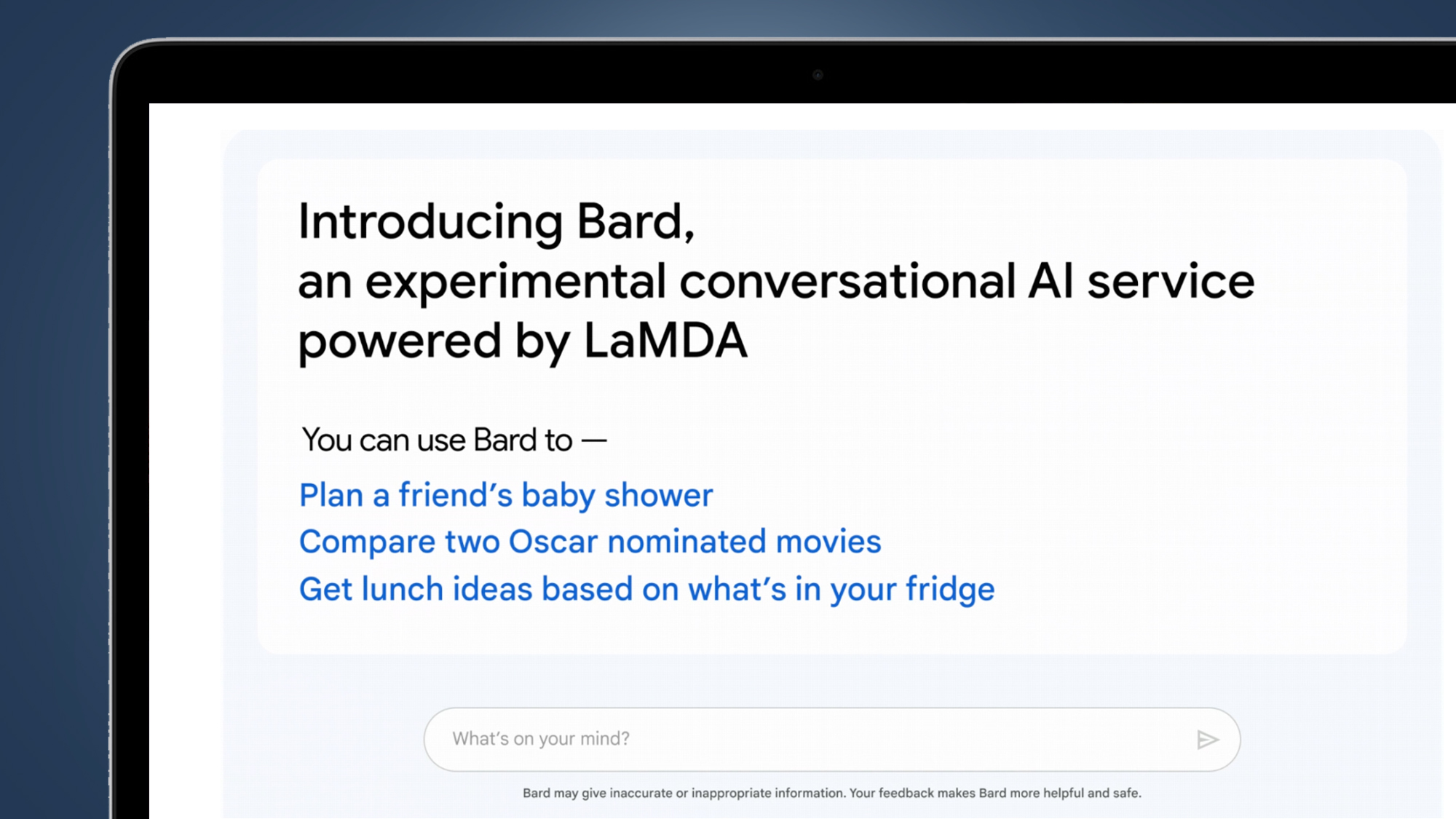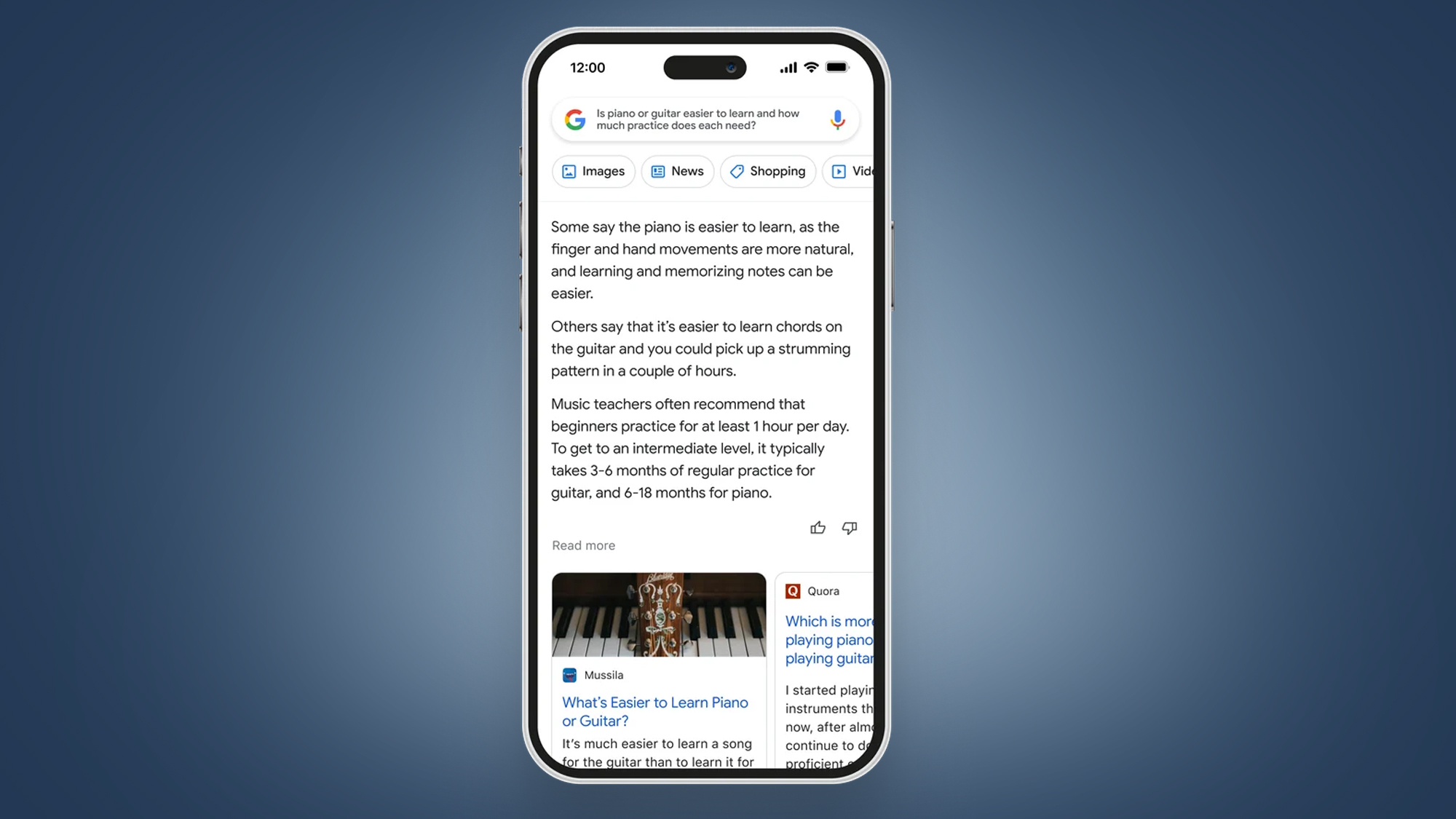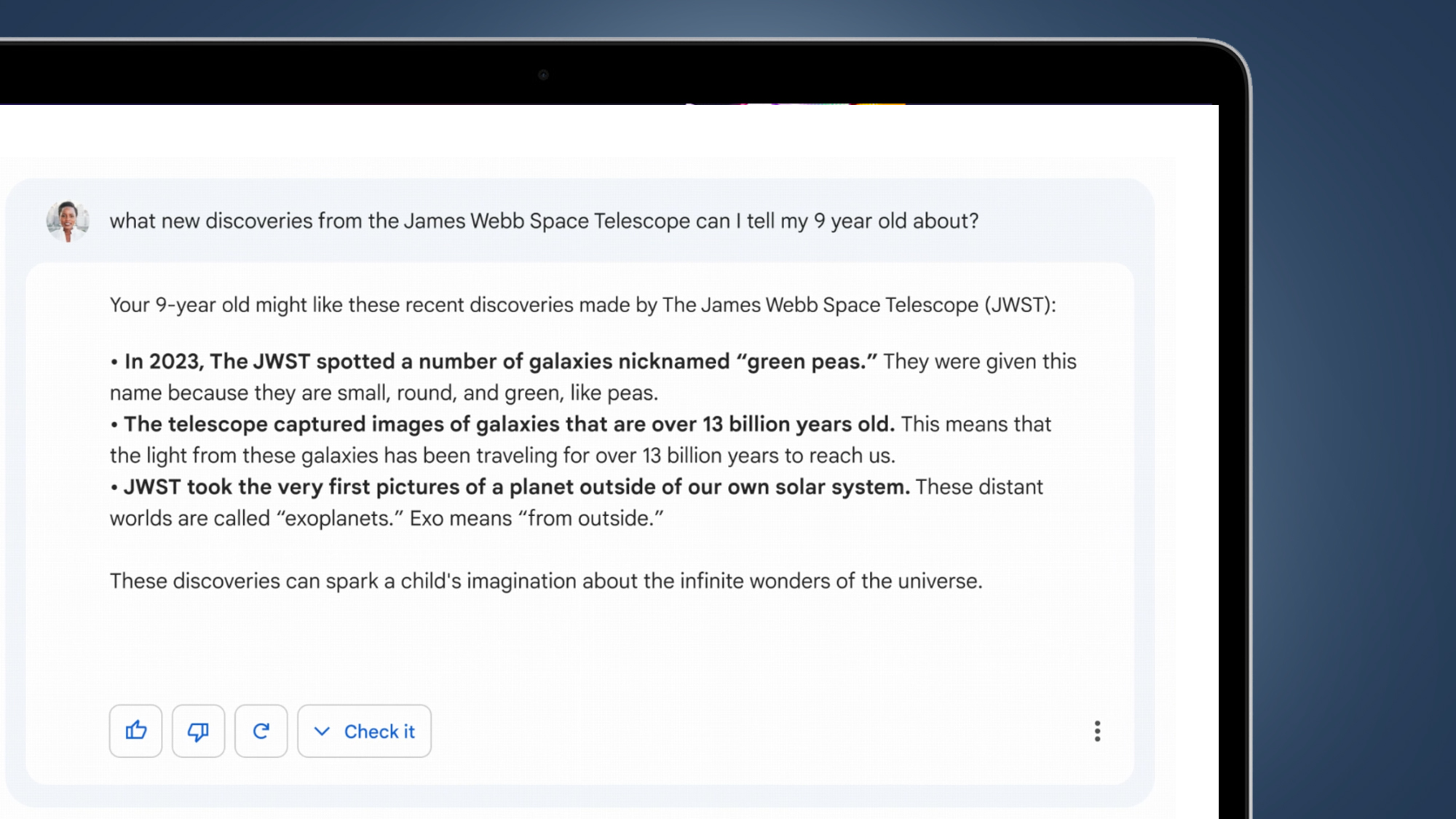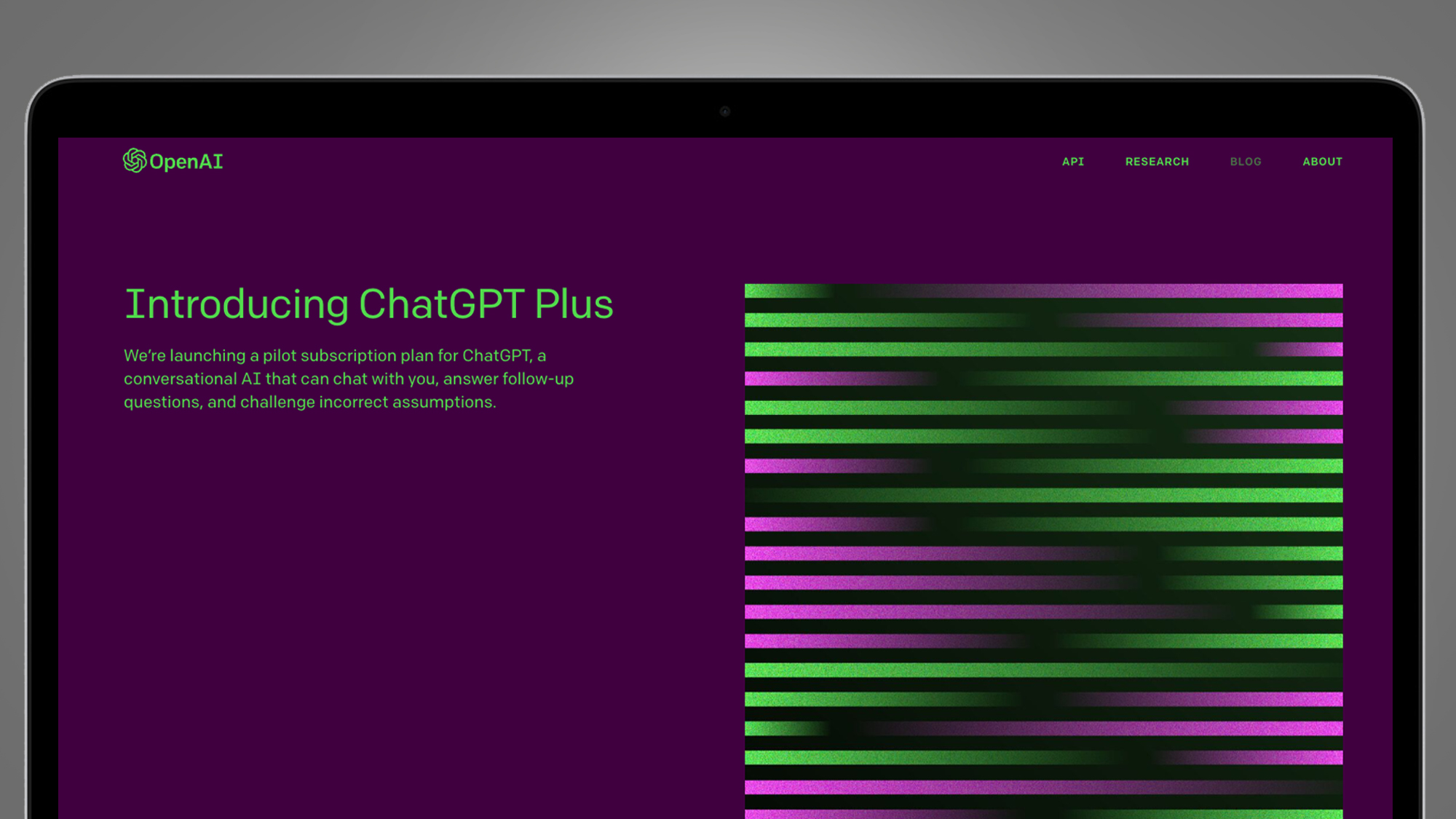What is Google Bard? Everything you need to know about the ChatGPT rival
Google finally joined the AI race and launched a ChatGPT rival called Bard – an “experimental conversational AI service” earlier this year. Google Bard is an AI-powered chatbot that acts as a poet, a crude mathematician and a even decent conversationalist.
The chatbot is similar to ChatGPT in many ways, able to answer complex questions about the universe and give you a deep dive into a range of topics in a conversational, easygoing way. The bot, however, differs from its rival as it’s connected to the web and therefore, according to Google gives “fresh, high-quality responses”.
Google Bard is powered by LaMDA (short for Language Model for Dialogue Applications). Like ChatGPT, it’s a type of machine learning called a ‘large language model’ that’s been trained on a vast dataset and is capable of understanding human language as it’s written.
Google I/O 2023
We’re hyped to see what’s in store for Bard, Google’s artificial intelligence (AI)-powered chatbot, at this year’s Google I/O, an event in which the tech giant dives into the upcoming features, gadgets and updates across its product line.
While we have enjoyed most of our interactions with Bard and found the bot’s friendly demeanour to be a treat, it’s fallen short in terms of features and performance compared to its competitors.
ChatGPT and Microsoft Bing are dominating the AI sphere, but we hope to see Bard catch up, and hopefully, we’ll get the lowdown on how exactly Google will manage that at this year’s event. We hope to see Bard’s logical capabilities improve so that it can match ChatGPT and Bing when it comes to coding and logical reasoning – basically being able to arrive at an answer or conclusion using set facts or data – It would also help kick Bard into the big leagues if we saw an improved search engine integration.
At the moment, Google Bard shows you three drafts of its response and then gives you the ability to click a button and Google whatever you may be talking about, disrupting the flow of your ‘conversation’ with the AI chatbot. What we want to see is something a bit more sophisticated. If Bard is able to respond to prompts and provide sources from Google that users can then click for more information, it would not only add credibility to the answers but keep things a lot more streamlined. Hopefully, this kind of feature would make Bard feel a lot less like a fun chatroom and more like an actual tool you can seriously use.
For now, we’ll just have to wait for the event and see what Google has up its sleeve. We’ll be keeping you posted through our live blog, though feel free to join in and watch the Google I/O event with us!

So what exactly will Google’s Bard do for you and how will it compared with ChatGPT, which Microsoft appears to be building into its own search engine, Bing? Here’s everything you need to know about it.
What is Google Bard?
Like ChatGPT, Bard is a chatbot that’s built on deep learning algorithms called ‘large language models’, in this case one called LaMDA.
To start with, Bard will be released on a “lightweight model version” of LaMDA. Google says this will allow it to scale the chatbot to more people, as this “much smaller model requires significantly less computing power”.

In its early days, Bard will be in a testing phase in which Google will combine our external feedback with its own internal testing. This is because, for all their benefits, chatbots have also shown a propensity for negative traits that include everything from bias to powering cyberattacks.
Opening up chatbots for public testing brings great benefits that Google says it’s “excited” about, but also risks that explain why the search giant has been so cautious to release Bard into the wild. The meteoric rise of ChatGPT has, though, seemingly forced its hand and expedited the public launch of Bard.
What will Google’s Bard let you do?
So far, Google has been a little vague about Bard’s capabilities, but it has provided some examples of what it can do. In short, Bard is a next-gen development of Google Search that could change the way we use search engines and look for information on the web.
Google says that Bard can be “an outlet for creativity” or “a launchpad for curiosity, helping you to explain new discoveries from NASA’s James Webb Space Telescope to a 9-year-old, or learn more about the best strikers in football right now, and then get drills to build your skills”.

Unlike traditional Google Search, Bard promises to draw on information from the web to help it answer more open-ended questions in impressive depth. For example, rather than standard questions like “how many keys does a piano have?”, Bard will be able to give lengthy answers to a more general query like “is the piano or guitar easier to learn”?
Google says you’ll see answers like this appear in Search “soon”, with answers that “distill complex information and multiple perspectives into easy-to-digest formats”. According to Google, Bard will also let you do things like “plan a friend’s baby shower”, “compare two Oscar-nominated movies” or “get lunch ideas based on what’s in your fridge”.
Combine this technology with voice-based helpers like Google Assistant, and it isn’t hard to see that we could soon be on our way to having computers that at least give the appearance of having artificial intelligence.
Google Bard vs ChatGPT: what’s the difference?
We’ll need to get more information from Google about exactly how broad Bard’s skills will be and how it’ll be integrated into products like Search – and that will likely be explained at an event on February 8. But fundamentally the chatbot is based on similar technology to ChatGPT.
Both Bard and ChatGPT are chatbots that are built on ‘large language models’, which are machine learning algorithms that have a wide range of talents including text generation, translation and answering prompts based on the vast datasets that they’ve been trained on.

The two chatbots, or “experimental conversational AI service” as Google calls Bard, are also fine-tuned using human interactions to guide them towards desirable responses. A potential difference between the two, though, is that ChatGPT isn’t currently connected to the internet, which means it has a very limited knowledge of facts or events after the year 2021.
Google says that Bard, meanwhile, “draws on information from the web” to provide up-to-date answers. This may not be a difference between Bard and ChatGPT for very long though – a leaked preview recently showed a version of Microsoft’s Bing with ChatGPT integration, which suggests that it won’t be long until we see the latter combined with Microsoft’s search engine.
Does Google Bard only do text answers?
Like ChatGPT, Google’s Bard will initially only answer text prompts with its own written replies. But LaMDA isn’t the only AI technology that Google has in its locker, and we can expect to see similar advances come to the worlds of video and audio.
Alongside LaMDA, Google says it also has other AI models like PaLM, Imagen and MusicLM that could potentially create “entirely new ways to engage with information, from language and images to video and audio”.
While that’s pretty exciting (or mildly terrifying, depending on how you view AI tech), these might be a little further off. Google says it’s “working to bring these latest AI advancements into our products”, but that it’s starting with a lightweight version of LaMDA in Google Search.
We’ll no doubt hear more about Google’s Bard and how it’s other AI tech will integrate into Maps, Google Lens and more at its ‘Live from Paris’ event on February 8 (above).
stereoguide-referencehometheater-techradar